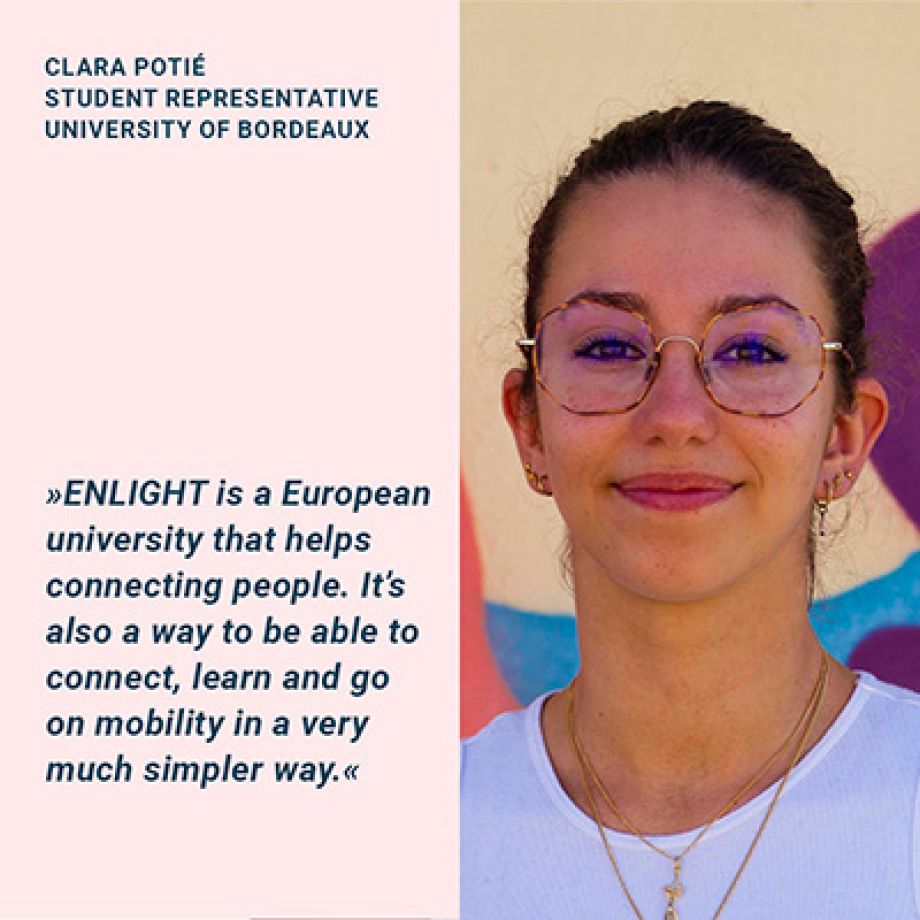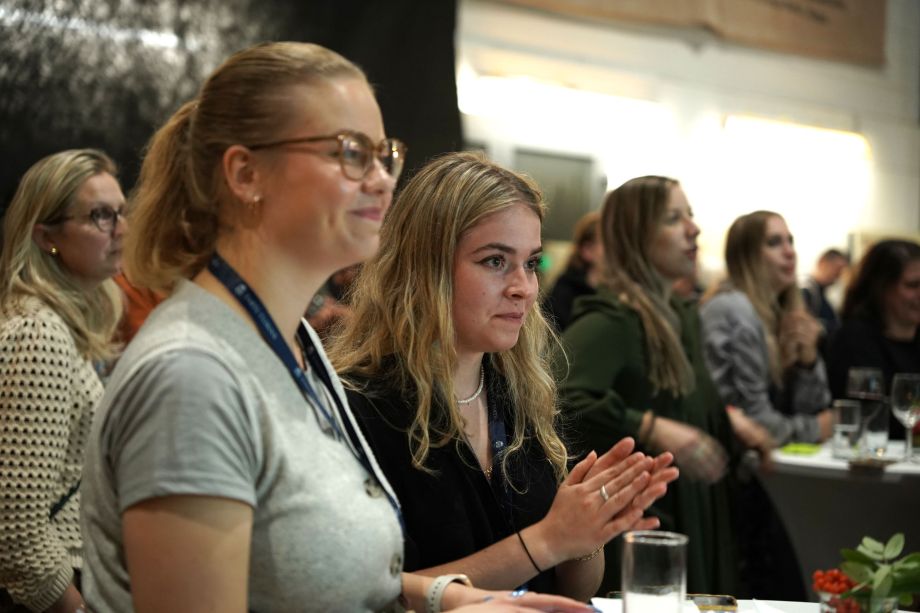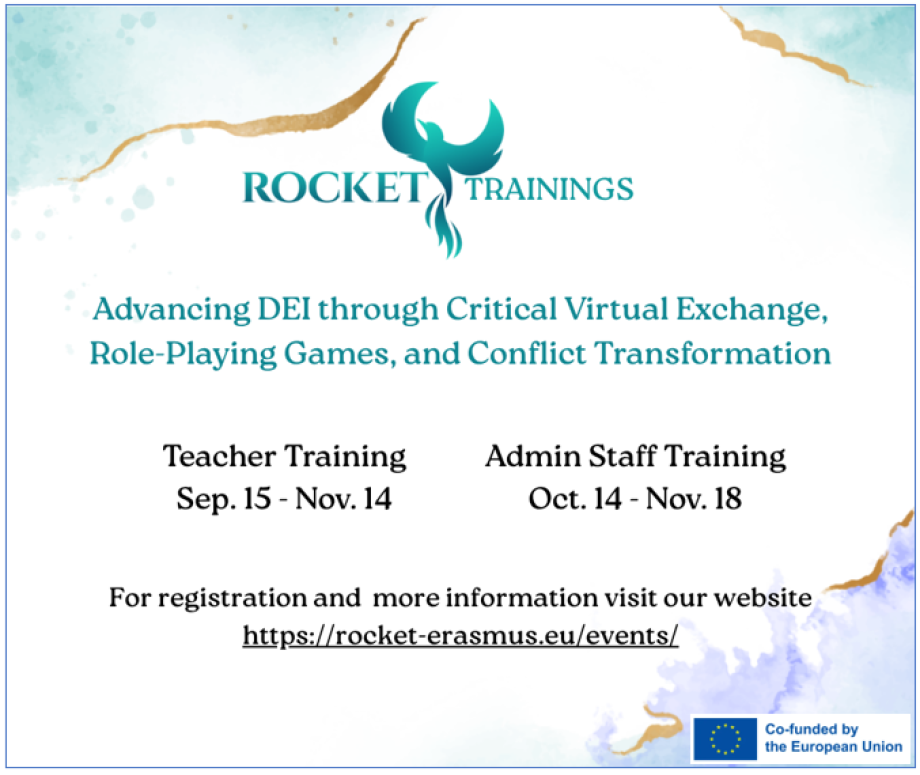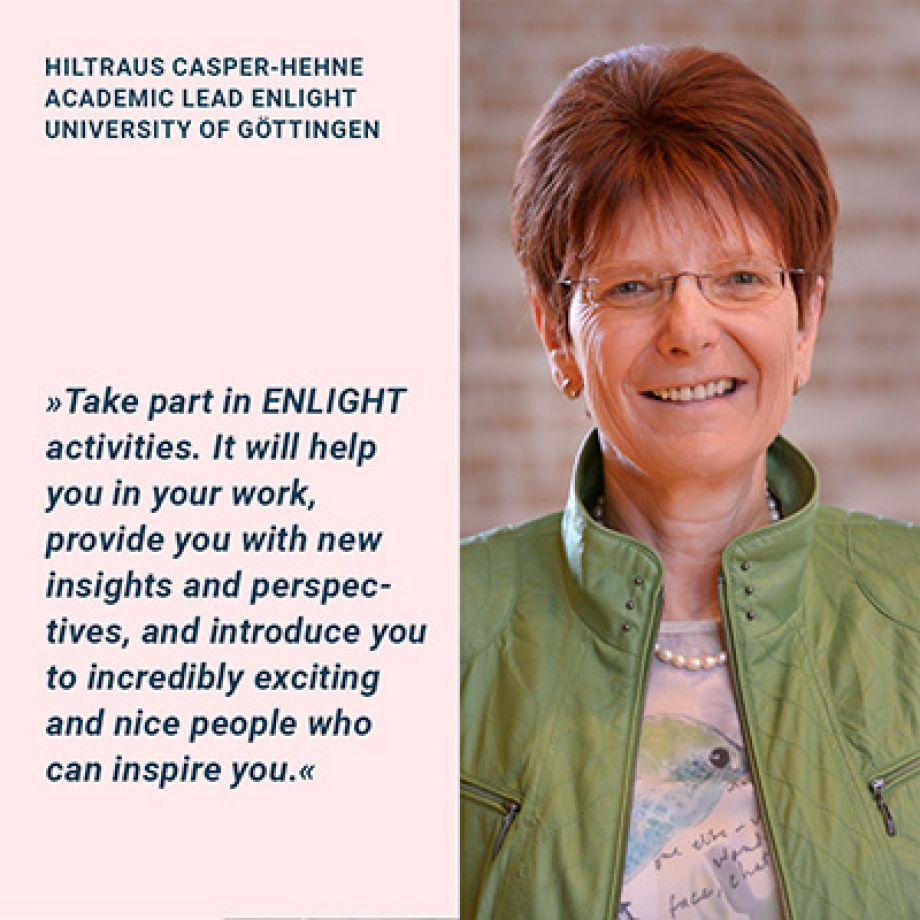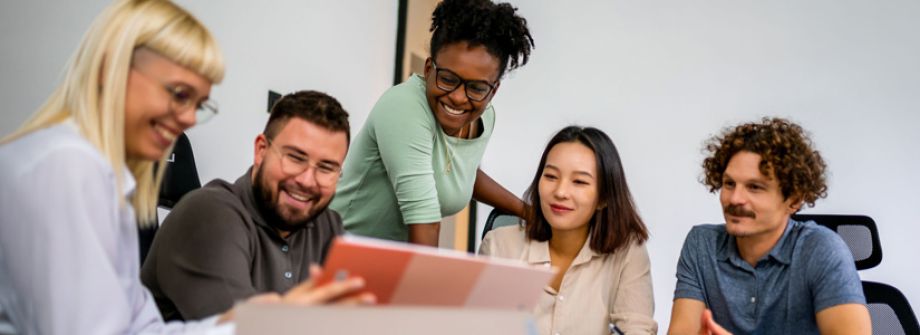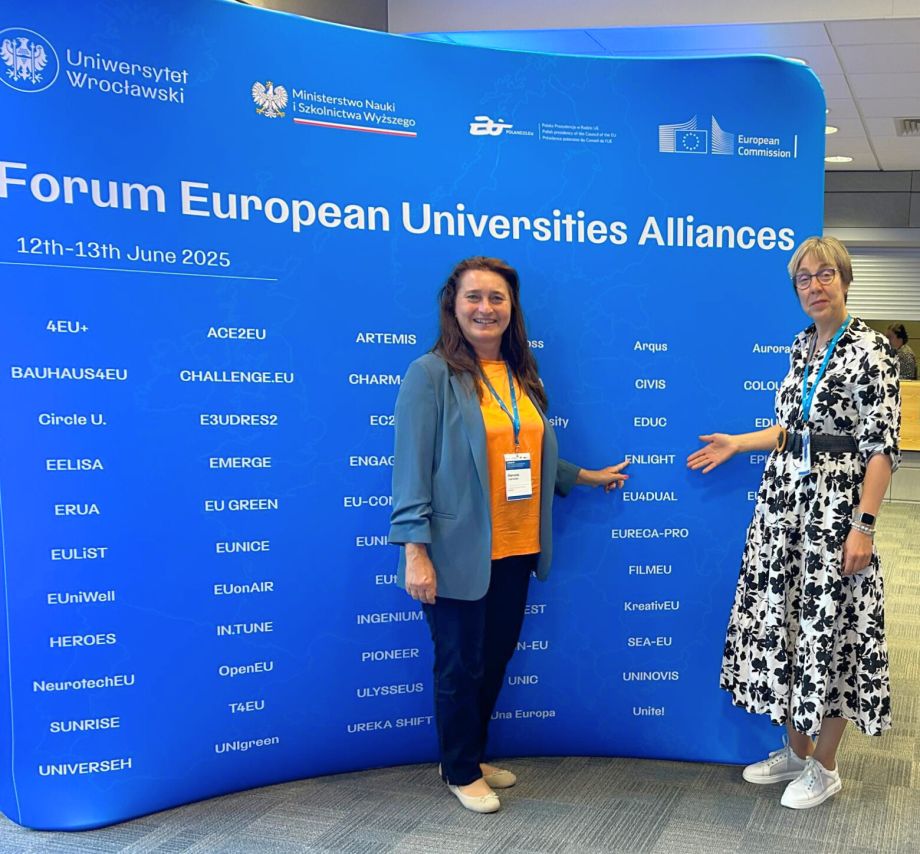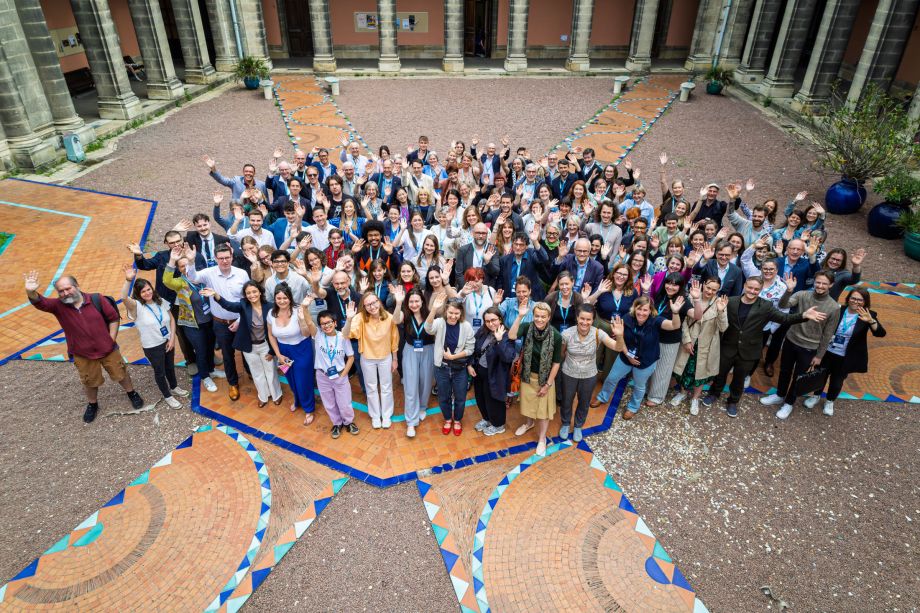Meet Clara Potié, a neuropsychology student from Bordeaux, who shares her inspiring journey through the ENLIGHT European University alliance. From participating in a unique ENLIVE virtual exchange to embracing multidisciplinary and student-led...
Meet the Nominees for the 2025 ENLIGHT Diversity & Inclusion and Sustainability Awards
🎓 Final winners to be revealed at the Teaching & Learning Conference in Uppsala!
As we approach the 5th ENLIGHT Teaching & Learning Conference in Uppsala (8–10 October 2025), we are proud to present the student-led initiatives...
Celebrating Another Remarkable Participation Rate in the Recently Closed ENLIGHT Calls
In Spring 2024 our alliance launched three calls for educational and research cooperation among academics, staff and students across the alliance. It proved a great participation success, with no less than 1,000 academics taking part in one of the...
ENLIGHT Workshop Sparks Exchange and Discovery: Women in East European and Baltic Culture
On May 14 2025 Ghent University hosted the ENLIGHT workshop "Women in East European and Baltic Literature and Culture: Subversive Reading and Identity Challenges" at the well-equipped Library Lab Magnel. The event brought together academics,...
Erasmus+ ROCKET Trainings for Teachers and Staff
Advancing DEI through Critical Virtual Exchange, Role-Playing Games, and Conflict Transformation
Are you a teacher or admin staff in a university? Do you want to learn more about effective ways to address conflict, including...
Meet Our Next Face of ENLIGHT: Hiltraud Casper-Hehne - Building Bridges Across Borders
What drives Hiltraud Casper-Hehne in her work with ENLIGHT? In this inspiring interview, the academic lead from Göttingen shares her journey from China to Europe, why collaboration excites her, and what makes ENLIGHT truly special. Read the full...
Application for Staff Week Trainings for the Academic Year of 2025/26 Is Now Open
ENLIGHT has published new training possibilities for support staff members of the network in their Staff Week trainings calendar. The application is already open for the trainings in the Basque Country and in Göttingen.
Alliances in Action: ENLIGHT at the Forum of European Universities
Last week, ENLIGHT was represented at the 3rd Forum of European Universities Alliances in Wrocław, Poland, by Marcela Zubriczka (Comenius University Bratislava) and Kristi Kerge (University of Tartu). The event gathered delegates from all 65...
ENLIGHT Mid-Year Meeting: a Three-Day Gathering about Stimulating Cities in Bordeaux
From 4 to 6 June 2025, 140 participants from the ten ENLIGHT universities, city representatives, Rectors and students have gathered in the beautiful city of Bordeaux (France) to share around the theme of « Stimulating Cities: How do...
